CBD isolate and full spectrum CBD are vastly different forms of hemp extract. Each of these two cannabidiol variations has unique pros and cons, and getting to know the deeper details of both is crucial in terms of getting the most out of your CBD experience.
What Is Full Spectrum CBD?
Full spectrum CBD is hemp extract that contains a complete range of natural hemp plant compounds – not just CBD. In addition to CBD, full spectrum CBD products may contain terpenes, flavonoids, omega acids, and dozens of other cannabinoids – including small amounts of THC.
Full-spectrum is regularly thrown around the CBD world because it is often seen as an industry standard for high-quality CBD oil. The reality is full spectrum does not automatically make a product high quality. CBD isolate and broad spectrum CBD can also be just as high quality. Additionally, all three of these options can be of inferior quality. That’s why it is necessary instead to look for reputable companies that thoroughly batch-test their products and transparently publish lab reports. Third-party lab reports are typically the ideal option as they are a fair breakdown of each product’s content, including accurate CBD content. Unfortunately, the CBD market is still heavily unregulated, so careful consumerism depends on third-party labs.
Additionally, the extraction process of full spectrum CBD weighs heavily on the end quality of a product. CBD isolate and full-spectrum CBD oil are derived from the industrial hemp plant. Both can be extracted in various ways, but the industry standard for quality CBD is CO2 extraction, which we utilize here at PureKana. We also have third-party lab reports available for each one of our products, so you can have peace of mind knowing what is in a bottle.
Full spectrum CBD is a form that contains more than just cannabidiol. It is considered “full spectrum” because it offers up a generous spectrum of cannabinoids, with other compounds found in the hemp plant being present, like CBG, CBC, CBN, and others. Additionally, full spectrum CBD usually contains trace amounts of THC (0.3% or lower). This low quantity of THC makes it legal in many states where THC by itself is otherwise not allowed. THC can be intoxicating in higher doses, but in such small doses as it is found in full spectrum CBD, it generally is non-intoxicating.
Why are so many different cannabinoids present within full spectrum CBD products? It is due to something known as the entourage effect, which is the theory that cannabidiol is most effective when existing in combination with other phytocannabinoids found within the hemp plant.
At PureKana, we offer a range of CBD products that feature full-spectrum cannabidiol, including our top-rated CBD oils that come in various flavors and potencies.
How Does Full Spectrum CBD Work?
Full spectrum CBD works by activating receptors in the body’s endocannabinoid system, or ECS. Receptors in the ECS control and regulate dozens of processes within the human body, and full spectrum CBD can activate them both directly and indirectly. Direct activation of ECS receptors means CBD (and/or other compounds) bind directly to the receptors themselves. Indirect activation means the receptors are activated via an independent physiological pathway.
Every human has a body system known as the endocannabinoid system or ECS. Endocannabinoids do not differ much from phytocannabinoids (like CBD). Endo implies that they are already present within the body, versus phyto, meaning of plant origin.
The endocannabinoid system is responsible for many bodily functions, primarily to maintain balance or homeostasis. Some of these functions include sleep regulation, mood regulation, appetite, hormones, and more. It is an incredibly important system. Sometimes, when things are out of balance with the endocannabinoid system, health problems can occur through a wide range of presentations. That is where phytocannabinoids, like CBD, may potentially be able to play a role. It is also likely the reason why people swear by CBD. Many people report experiencing positive benefits because of the compound, and though more research is needed, clinical results already available are promising.
Full Spectrum CBD Uses
As mentioned, although clinical trials and research conducted on the efficacy of CBD for a range of conditions have been quite promising, more research does need to be done. Nevertheless, on top of promising clinical results, there is also a plethora of anecdotal evidence of individuals that swear by their daily amount of cannabidiol due to how it has benefitted their lives.
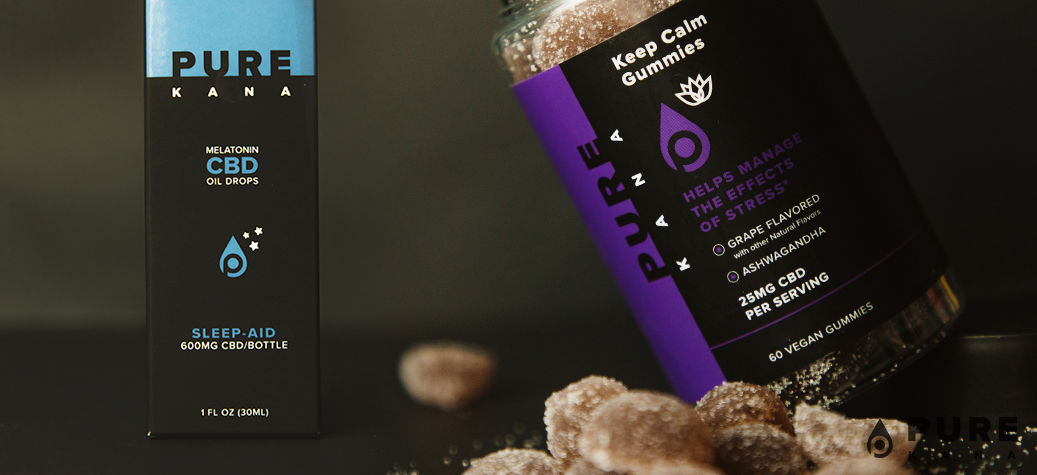
Full spectrum CBD might be able to support the management of everyday stresses, help create a sense of calm for focus, help support healthy sleep cycles, and more.
What Is CBD Isolate?
Compared to full spectrum CBD, CBD isolate is just cannabidiol, with no additional cannabinoids or phyto-elements present. It is, by definition, and isolated form of CBD, hence the name. Although it may seem strange that CBD would be available with no other additional cannabinoids, this cannabidiol type can be pretty popular for several reasons, which we will discuss shortly. Some people even prefer consuming CBD isolate over full spectrum CBD.
At PureKana, we offer our 1000mg CBD gummies, made with a high-quality CBD isolate, for those who would prefer this cannabidiol.
How Does CBD Isolate Work?
Technology these days is incredibly amazing, and scientists have found ways to extract specific compounds they need from plants, isolating them from the rest. This is what our experts have done at PureKana. They utilize a complex CO2 extraction system to remove only the CBD from the hemp plant, removing it as CBD isolate, which then goes into making our products (specifically our 1000mg CBD gummies). For products that require a full spectrum or even broad spectrum CBD extract instead, the CBD is extracted in addition to all the other cannabinoids that need also to be present. In the case of full-spectrum, it’s all of the cannabinoids that can be extracted, and with broad-spectrum it’s all the cannabinoids that can be extracted minus the trace amounts of THC (which are removed.)
CBD Isolate Uses
CBD isolate uses are generally similar to those of full spectrum CBD, which may include supporting the management of everyday stresses, helping create a sense of calm for focus, helping support healthy sleep cycles, and more.
The primary reason one might choose CBD isolate over full spectrum CBD is if they are concerned about trace amounts of THC showing up on a drug test, but still want to experience the potential benefits of cannabidiol.
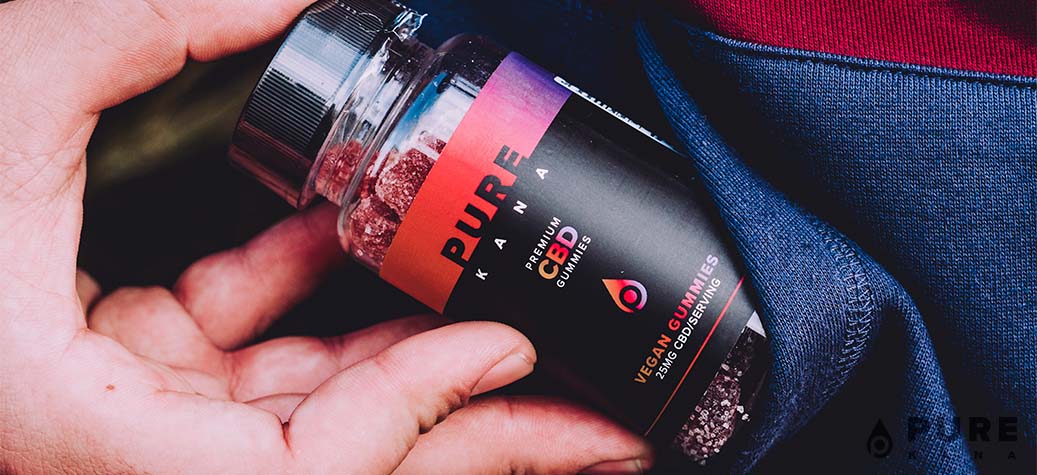
Because CBD isolate is just cannabidiol and no other cannabinoids, drug tests that examine THC in the body will likely not be flagged. Even full spectrum CBD, though it does run the risk of being flagged in a drug test, possesses such a miniscule amount of THC that it is generally non-intoxicating (in regular, everyday servings). Additionally, CBD isolate tends to be legal in more jurisdictions. For example, in regions with a complete ban on THC (even in trace amounts like 0.3% or below), options like CBD isolate or broad spectrum CBD become the go-to, as they are the only way that cannabidiol can be accessed in many of these places.
Similarities and Differences Between Full-Spectrum CBD and CBD Isolate
While both full spectrum and isolate do contain cannabidiol, how cannabidiol is present in full-spectrum CBD vs CBD isolate is different. Full spectrum CBD, for instance, contains a wide range of cannabinoids that may work better together because of the entourage effect. On the other hand, CBD isolate is an isolated form of cannabidiol, where only CBD is extract minus any other phytocannabinoids. CBD isolate can be a far more targeted approach if someone is specifically looking for just CBD. On the other hand, people who deeply stand by the entourage effect tend to steer clear of isolate, as they potentially find it to be less effective. The science is not very clear on which is more effective – full spectrum CBD or CBD isolate – which is why we remind readers that generally, one is selected over the other because of personal preference.
Full Spectrum CBD: Pros & Cons
Full spectrum CBD is one of the most common forms people buy in most states throughout the USA. This doesn’t mean, however, that it is for everyone.
Pros:
- Cannabinoids may be more beneficial because of the entourage effect
- Ideal for those desiring a trace amount of THC
- Tends to be very readily available in a wide range of products
Cons:
- May show up on a drug test because of the 0.3% or less of THC
- May not be legally available in as many places as a THC-free CBD option
- Can sometimes be difficult to find edibles with full spectrum CBD
CBD Isolate: Pros & Cons
Pros:
- Isolated form of CBD that can provide a targeted form of CBD if someone only wants that compound
- Quite readily available in gummies and cannabinoids
- No trace amounts of THC, so it is legal in more jurisdictions and may not show up on a drug test
Cons:
- May not be desired by all because of the absence of other cannabinoids (and the 0.3% or less of THC)
- CBD oils generally don’t contain CBD isolate (rather full spectrum) so these can be a bit harder to source
- CBD isolate can sometimes be inferior quality so the supplier must be well-vetted
Summary on CBD Isolate vs Full Spectrum CBD
Understanding the difference between full spectrum and isolate CBD is critical to tailor your shopping experience to your needs. Although full spectrum and CBD isolate both contain the same primary component, cannabidiol, the two are utilized in different ways and for different reasons, which is why informed decision-making is key.
Neither CBD isolate nor full spectrum CBD is better or worse – they are simply different options. At PureKana, we offer both products made with full spectrum CBD and CBD isolate, with our CBD oils collection being the most popular full-spectrum product and our 1000mg CBD gummies being the most popular CBD isolate selection.

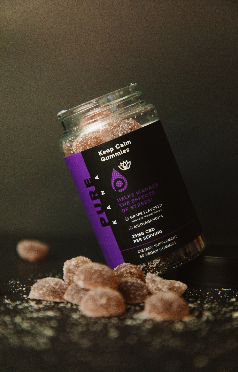
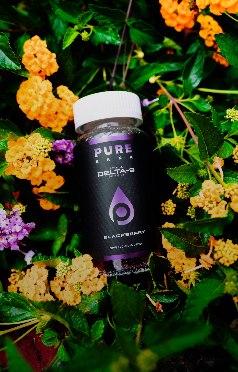
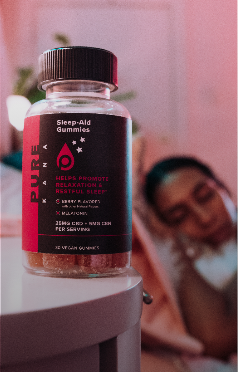


 https://premiumjane.com/
https://premiumjane.com/